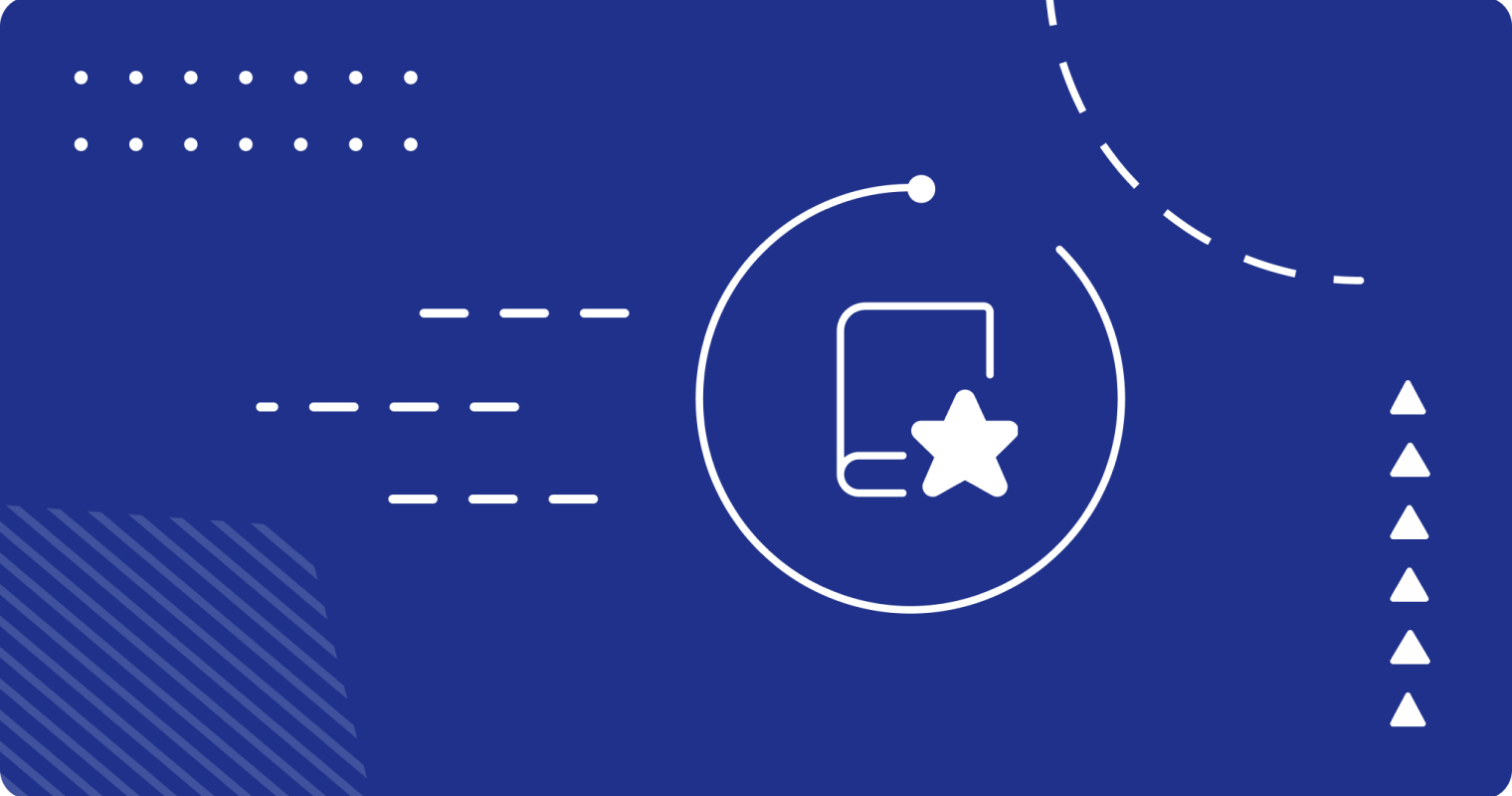



Microcredentials
Find out how microcredentials are revolutionising higher education! Discover new career opportunities with the flexible certificates offered by the University of Information Technology and Management in Rzeszow.
Implementation period: from October 2024
Team
Centre for Teaching Development, Deans of Colleges
Rationale
Microcredentials in higher education are small, defined learning units that confirm the acquisition of specific skills, knowledge or competences. They are usually smaller than traditional diplomas or certificates, which makes them more flexible and easier to acquire, often in a shorter time. They are distinguished by the fact that they can be accumulated by combining different modules to obtain larger qualifications. The University of Information Technology and Management was one of the first to start offering microcredentials, seeing this as an opportunity for both students and the university itself to develop innovative solutions in response to the modern needs of the labour market, where specific skills, rather than just formal education, are increasingly important
Objectives
The introduction of microcredentials at UITM supports the idea of lifelong learning and helps adapt the uni-versity’s offerings to the fast-evolving job market. With microcredentials, UITM provides more targeted and personalized learning paths, allowing students to quickly gain additional qualifications that are highly sought after by employers, even outside their main study program.
Key Activities
To implement the microcredential system, UITM has undertaken several key actions, including:
- Defining standards and procedures for the validation of skills and competences acquired by students.
- Adapting the educational offer to allow for the flexible accumulation of microcredentials that can be accumulated and transformed into larger qualifications.
- Setting up a system of validation and recognition of learning outcomes.
- Selecting a reliable system for issuing microcredentials that will be recognized both nationally and internationally.
- Organizing information sessions for academic staff, students, and employers.
- Collaborating with employers and labor market institutions to promote the idea of microcredentials.

Main results
- A developed procedure for awarding microcredentials for all types of learning outcomes: knowledge, skills, and social competences.
- A pilot implementation during the 2024/2025 academic year.
- Issuance of the first certificates.
What makes microcredentials at UITM unique is the possibility to obtain qualifications not only in hard skills such as programming, knowledge of a specific graphics creation tool, etc., but also to certify 21st century skills such as problem solving, critical thinking or presentation abilities. Students can earn these micro-credentials for achievements outside the university as well, without being restricted by their field of study.